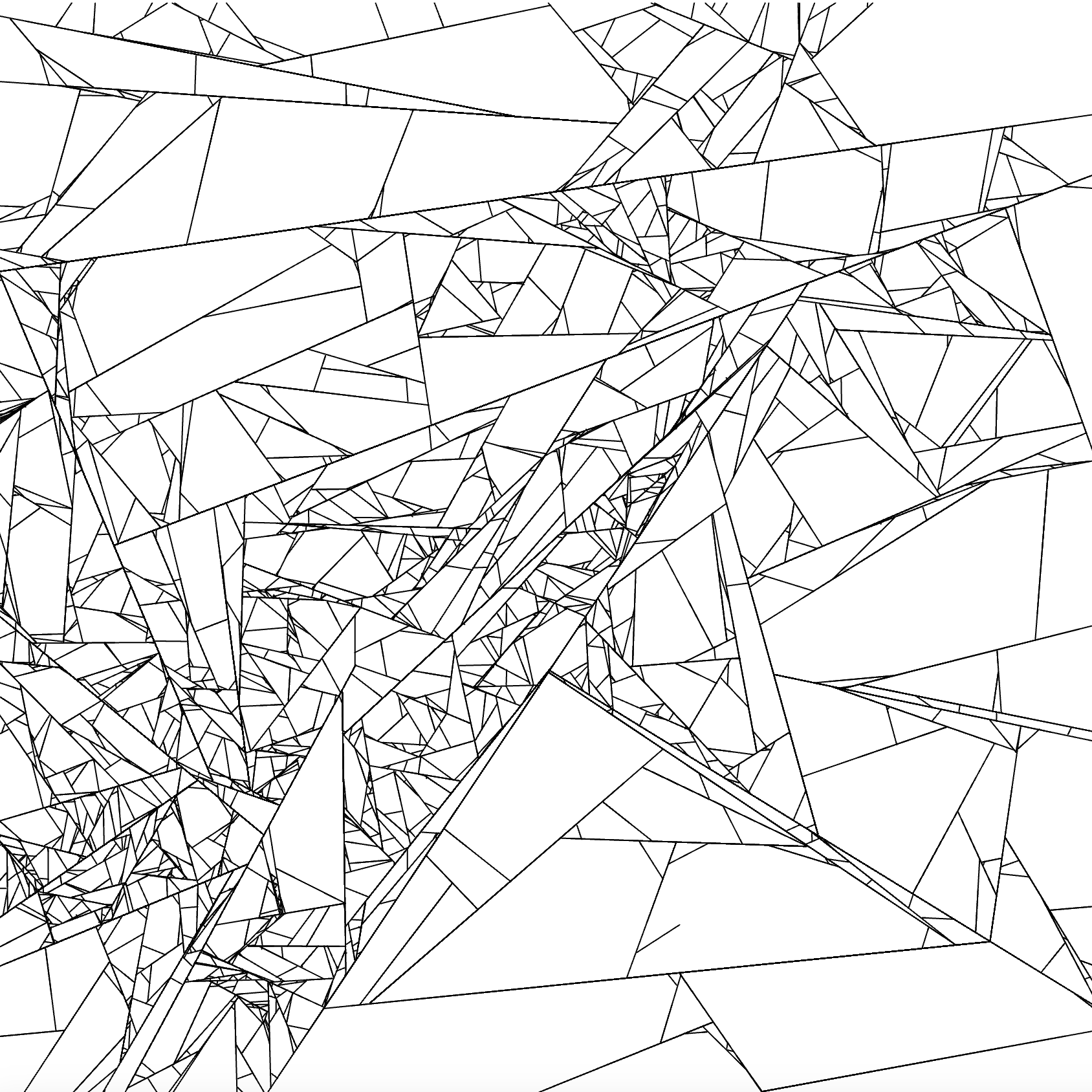Deep Dive Books
"Nineteen Eighty-Four" by George Orwell
Right, so we're diving deep into Orwell's 1984, huh, zeroing in on that excerpt you brought to the table. Really get to dig into the most, well, let's be honest, fascinating, Andy kind of unsettling parts. And look, it's kind of wild how a book written, what decades ago now can still feel so relevant today, especially with, well, you know, everything going on, digitalized watching our every move, who controls what we see online. You hit the nail on the head seat with 1984. It's not just about like the tech itself. Yeah, it's the psychological manipulation or well, laser bear. Think about Newspeak. It's not just some simplified language, right? It's about limiting thought itself. Like in that excerpt, seen Lam, he's all excited describing how they're shipping the dictionary, getting rid of words. But that's the insidious part. The party wants to make rebellious thoughts literally unthinkable gone. So it's like, how can you even rebel if you don't have the words for it? It's chilling, man. And then Orwell piles on this constant sense of dread, right? Tell us screens everywhere. Thought police lurking around. It's like, you're always one wrong thought away from disappearing. Precisely. That's Oceania for you. Always looking over your shoulder, second guessing every thought. And then smack in the middle of all this fear and paranoia. You've got Winston scribbling away in his diary might seem small, but in this world, that's a revolution right there. It's that little ember of defiance, his diary. It's like this symbol of, you know, craving individual expression. And then that longing spills over into his relationship with Julia. You got to admit, they're a little love affair. It's fascinating because they're rebelling on so many levels against the party's control over their lives, their emotions, reclaiming their own agency. It's such a powerful statement because it unfolds right under the nose of this all seeing oppressive state. Every hidden glance, every secret meeting becomes an act of defiance. But, ah, we know it can't last forever. This is where things get really bleak. Yeah, the party, they find them, even in their little hideaway, no escape. Yeah, but it's not just the capture they get under your skin. It's the torture, the psychological dismantling of Winston, brutal. That's seen with O'Brien. It's calculated, deliberate. It goes way beyond physical pain. O'Brien is breaking down Winston's beliefs, his identity, piece by piece. He knows to control the body, you got to control the mind first. Making Winston betray Julia, declare his love for big brother. It shows how terrifyingly effective that kind of manipulation can be. Which brings us to the question I think we all ask after reading 1984, right? Are we that different today? And I know this ties into your own work with digital privacy. So think about it. All the data we willingly surrender online, the targeted ads, the algorithms deciding what news we see, are we really in control of our own information, our own thoughts in this digital age. That's the enduring legacy of 1984 right there. It's not just about some totalitarian nightmare. It's a warning about how easily technology can be twisted for control and manipulation. Makes us confront some uncomfortable truths about, well, ourselves, our relationship with information, how comfortable we are with surveillance, and how important critical thinking really is. So as we wrap up this deep dive, I'm going to leave you with one final kind of unsettling thought to chew on. If everything we do online is being tracked, our feeds curated, our realities shaped by code, how do we even begin to define our own truths?
